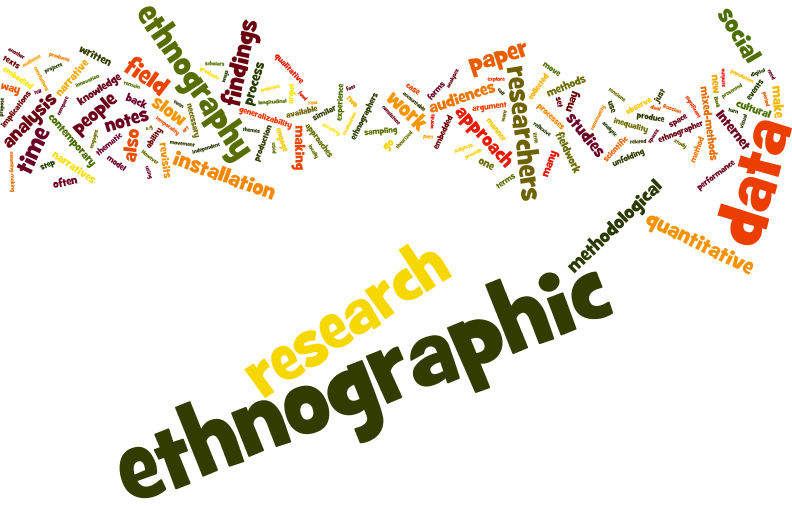How to Conduct Ethnographic Research in English Studies: Online Student Help

Ethnographic research is a qualitative methodology that delves into the cultural practices, beliefs, and interactions of specific groups through immersive observation and participation. In English studies, this approach offers profound insights into how language and literature function within various cultural contexts, enriching our understanding of textual interpretations and linguistic applications.
Understanding Ethnographic Research in English Studies
Ethnography involves the systematic study of people and cultures from the insider's perspective. In the realm of English studies, ethnographic methods can be employed to explore:
- Classroom Dynamics: Investigating how students engage with literary texts and language learning in diverse educational settings.
- Literary Communities: Examining book clubs, online forums, or fan fiction groups to understand collective interpretations and cultural productions.
- Language Use in Society: Observing how different communities utilize language in various contexts, such as code-switching among bilingual speakers or the use of vernacular in literature.
Steps to Conduct Ethnographic Research in English Studies
1. Define Your Research Focus
Begin by identifying a clear research question or area of interest. For instance, you might explore how non-native English speakers interpret Shakespearean plays or how digital book clubs influence reading habits.
2. Literature Review
Conduct a comprehensive review of existing literature to understand the current discourse on your topic. This will help you identify gaps in knowledge and position your research within the broader academic context.
3. Select a Research Site or Community
Choose a setting or group that aligns with your research focus. This could be a physical location, like a classroom or library, or a virtual space, such as an online discussion forum.
4. Gain Access and Build Rapport
Establish trust with the community or participants. This may involve obtaining permissions, explaining your research objectives, and ensuring confidentiality.
5. Data Collection Methods
Utilize various ethnographic techniques, including:
o Participant Observation: Engage with participants in their natural settings to observe behaviors and interactions.
o In-Depth Interviews: Conduct open-ended interviews to gather personal insights and experiences.
o Artifact Analysis: Examine relevant materials, such as written texts, digital communications, or cultural artifacts.
6. Data Analysis
Analyze the collected data to identify patterns, themes, and meanings. This process often involves coding data and interpreting it in relation to your research question.
7. Ethical Considerations
Ensure ethical research practices by obtaining informed consent, protecting participant anonymity, and being sensitive to cultural norms.
8. Reporting Findings
Present your findings in a coherent narrative that reflects the participants' perspectives and provides insights into the cultural context of your study.
Online Resources for Ethnographic Research
The digital age offers numerous resources to assist students in conducting ethnographic research:
- Online Courses: Platforms like Udemy offer courses on ethnographic research methods, providing foundational knowledge and practical applications.
- Digital Ethnography: The University of Oxford provides courses that explore issues and methods involved in conducting qualitative and ethnographic research in digital contexts.
- Ethnography Atelier: This platform offers recommended resources for conducting ethnographic studies, including methodological guides and case studies.
- Academic Journals: Access journals like Research in the Teaching of English on JSTOR to find ethnographic studies related to English education.
Challenges and Considerations
While ethnographic research provides in-depth insights, it also presents challenges:
- Time-Intensive: Ethnographic studies often require prolonged engagement with participants to gather meaningful data.
- Subjectivity: Researchers must remain aware of their biases and strive for objectivity in data interpretation.
- Ethical Dilemmas: Navigating ethical issues, such as obtaining informed consent and ensuring participant confidentiality, is crucial.
Conclusion
Ethnographic research in English studies offers a valuable lens to explore the intricate relationships between language, literature, and culture. By immersing oneself in the lived experiences of individuals and communities, researchers can uncover nuanced understandings that enrich the field.
For students seeking personalized assistance in conducting ethnographic research, EssayResearchScholar.com provides expert assignment help to guide you through each step of the process.
